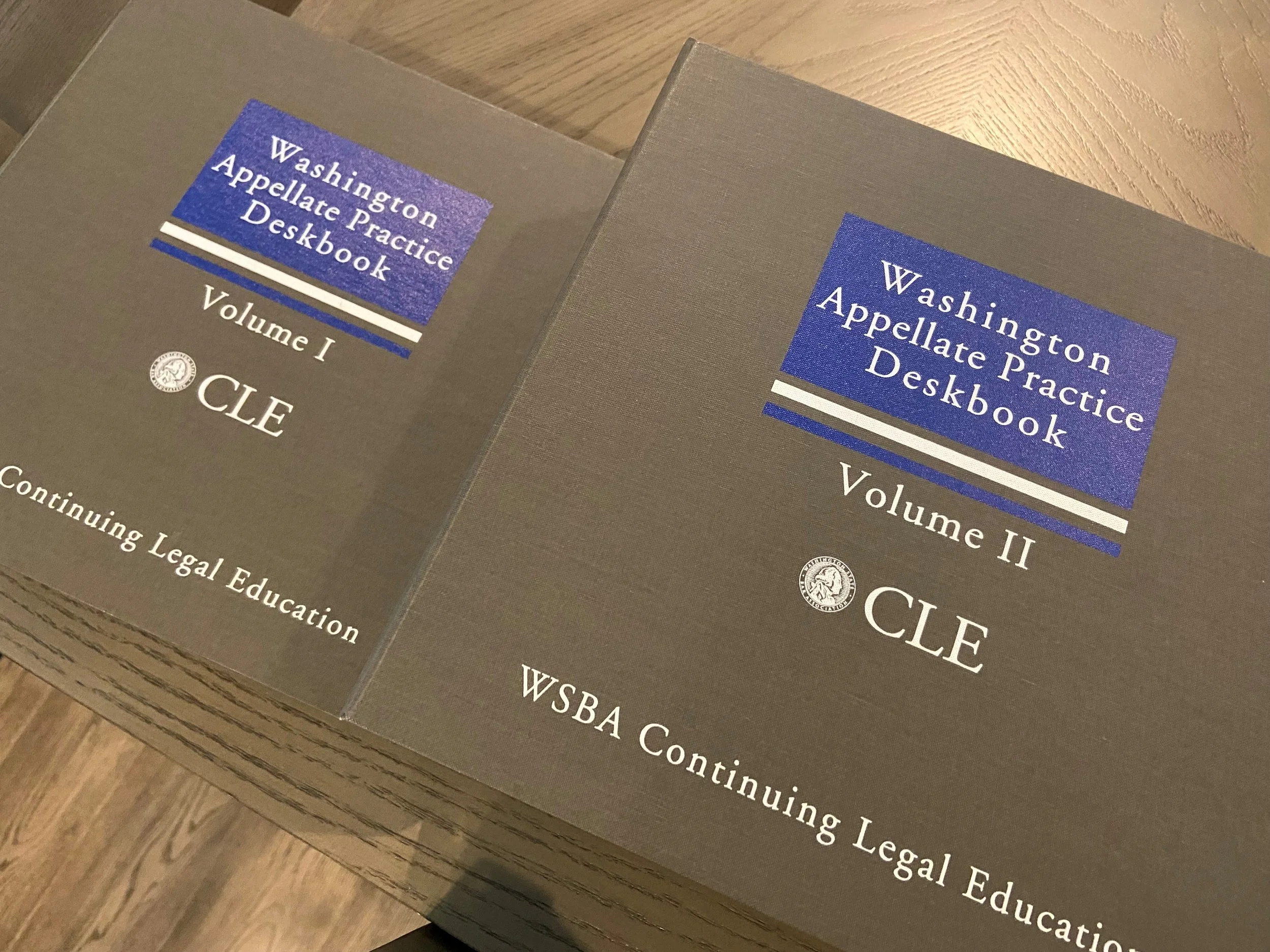It’s such a cliche that we do things a little differently here in Washington state. But it’s a cliche for a reason—it’s true.
Take discovery, for example. Discovery is the process by which each party “discovers” what the other party’s evidence is, whether through the use of written question and requests for documents or by questioning witnesses under oath in a deposition. Over the last couple of decades the federal courts have made it harder for plaintiffs to get discovery by narrowing the scope of what is discoverable. The federal rules explicitly require consideration of whether the requested discovery is proportional to the needs of the case and whether the burden or expense of the discovery outweighs its likely benefits. How can a plaintiff, who by definition doesn’t have the evidence it is seeking, explain how the benefits of the unseen and unknown evidence outweighs its likely benefits? It can often be very difficult to do.


